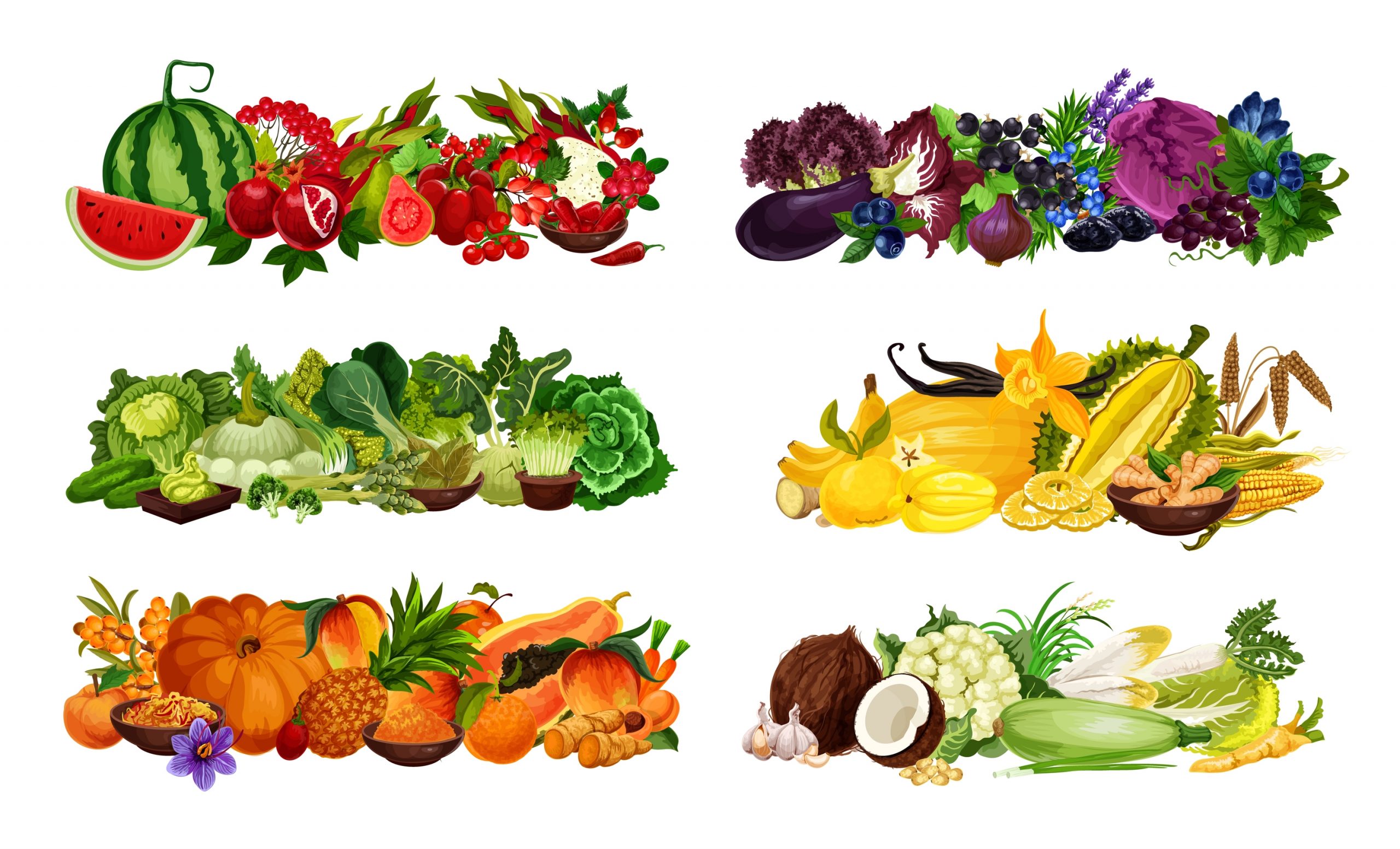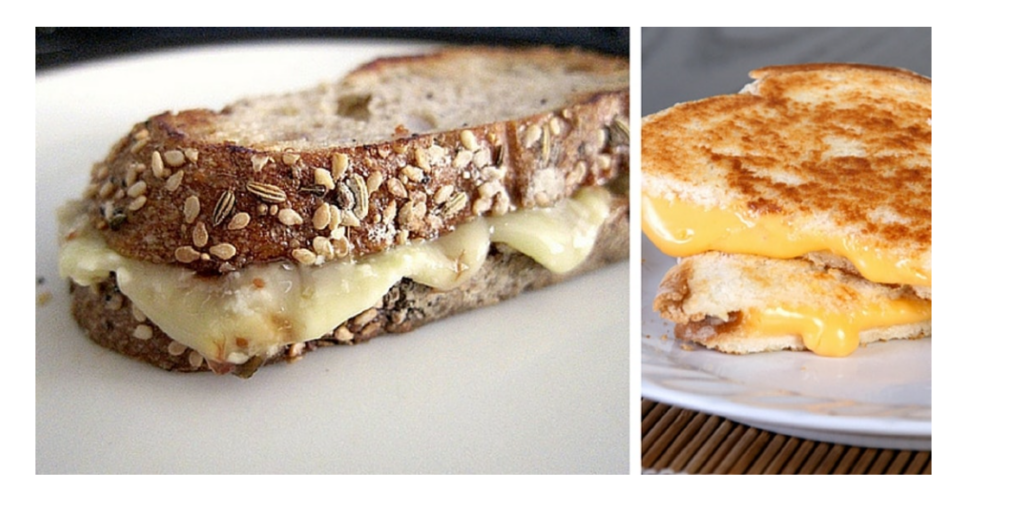Why are whole foods good?
09/03/2021 # Home

You may be wondering what the big deal is. After all, shouldn’t take a multivitamin cover your bases?
Well, it’s not that simple.
You see, organic chemistry is a very exciting and interesting subject. (Seriously.)
We won’t bore you with hydrocarbon diagrams, but here’s one thing you need to know.
Human subtlety will never devise an invention more beautiful, more simple, or more direct than does nature because in her inventions nothing is lacking, and nothing is superfluous.
—Leonardo da Vinci
In other words, nature usually does a pretty awesome job at putting stuff together for us. (Like food and nutrition.)
Nutrient density
Learning to eat well isn’t just about taking away “bad stuff”.
It’s really about adding more good stuff.
Stuff that gives you more bang for the buck. More value. More nourishment.
Your food should actively enhance your health.
Your food should make your body run better. And every morsel you eat should earn its rent. No freeloaders!
Look, you’re busy. You have only limited stomach space. Why waste that valuable chewing time and gastrointestinal real estate on foods that don’t help you get healthier and leaner?
Whole foods are “better” because:
- Whole foods contain nature’s medicine cabinet — a host of chemicals and compounds that promote health.
- Whole foods usually contain these chemicals and compounds in a form that we absorb and digest — not a formula cooked up in a lab, which may be chemically similar but not as well used by our bodies.
- Whole foods contain these chemicals and compounds in proportions that are appropriate — we aren’t overdosing on one vitamin or mineral from a pill.
- Whole food nutrients work together — not in isolation. You often need substance A to absorb or digest substance B. And often, A and B are in the same food. It’s like the food evolved to be that way or something.
- Whole foods are closest to their original form — so you can expect to get the maximum nutrition possible, especially if those foods are fresh, seasonal, and local.
- Whole foods match our hunger and fullness cues better: We’re able to stop when we’ve had enough.
- Once your taste buds adapt, whole foods generally taste better — compare a fresh, in-season, just-picked strawberry to a “strawberry” milkshake. The flavors are more complex and nuanced. And if you’re eating slowly and mindfully (which you are, right? remember that habit?), whole fresh food tastes good, while highly processed, chemical-laden food… doesn’t.
Conversely, processed/refined foods:
- have their nutrients stripped away;
- require an industrial process that often includes harsh chemicals such as solvents, deodorizers, and bleaches;
- are “fortified” with chemical analogues of the nutrients that were removed — because otherwise, the food would have almost no nutritional value at all;
- are substances that we didn’t evolve to digest, absorb, or tolerate well;
- generally contain lots of sugar, fake fats, sodium, and other industrial additives;
- can play havoc with our natural appetite, hunger, and satiety signals — it’s really easy to overeat processed foods.
What’s in your food?
Whole foods contain tons of naturally occurring vitamins and minerals in the form that is ideal for us.
But whole foods don’t stop there.
Whole foods also contain dozens — often hundreds — of compounds with health benefits.
Colorful fruits and veggies are particularly rich in these, but almost all whole foods have something to offer.
For instance:
- Beta-cryptoxanthin, which is found in fresh papaya, mango, peaches, oranges, tangerines, bell peppers, and watermelon, can stimulate bone growth (and slow bone breakdown) and reduce your risk of osteoporosis, cancer and rheumatoid arthritis.
- You can find cyanodin in dark-colored berries, such as blackberries, blueberries, and raspberries, as well as in red-skinned fruits, such as apples and plums. Cyanodins are powerful antioxidants that may help prevent cancer and cardiovascular disease; they’re also anti-inflammatory and anti-diabetic.
- Raw cacao beans and unrefined dark chocolate contain theobromine, which can lower blood pressure, relax the airways (it can even work as cough medicine), and make you feel groovy. (Sorry, but milk chocolate — which is mostly sugar and filler — has only a trace of theobromine.)
- Two eggs will give you a great shot of choline, which you need to make your brain (including your moods) work properly. Since the choline is in the yolk, prepackaged egg white alone won’t do the job.
- Animal-based conjugated linoleic acid (CLA), a type of fatty acid found in the meat and milk of grass-fed ruminants, such as cows and sheep (as well as kangaroos!), may help you get and stay leaner.
Many of these compounds are destroyed, removed, or chemically altered into the wrong form by processing.
Supplementing them won’t do you much good, because the compounds are fragile and break down easily — you have to get them from whole food sources.
Of course, you don’t need to remember all the specifics.
After all, there are so many amazing medicines in nature’s pharmacology, and we don’t even know what half these chemicals do yet!
Just remember:
Eat whole foods, ‘cause that’s where the good stuff is.
Whole foods: Get that lazy digestion working!
Here’s one more interesting piece of the puzzle:
Whole foods require more energy to digest, which is a good thing.
A recent study compared whole food and processed food meals. Both meals were cheese sandwiches, but the whole food sandwich was made with multi-grain bread and cheddar cheese; the processed food sandwich was made of white bread and processed cheese.

Same macronutrient ratio (percentage of protein, carbohydrates, and fat); same calories; same format. So, same thing… right? Nope.
When researchers compared people’s metabolic rates and the energy expenditure after the meals, they found that eaters spent 50% less energy digesting the processed food.
Less energy spent on digestion means more calories absorbed and stored. More calories absorbed and stored adds up to weight gain for people who eat a lot of processed foods.
On the other hand, the energy we expend digesting whole, unprocessed foods means that fewer calories are stored as fat.
Like we said: Make your food earn its rent. Don’t give it a free ride!
Whole foods deliver more of what you want, and less of what you don’t.
Keep putting that food to work for you.
Click here to start your 15 days free trial with us:
